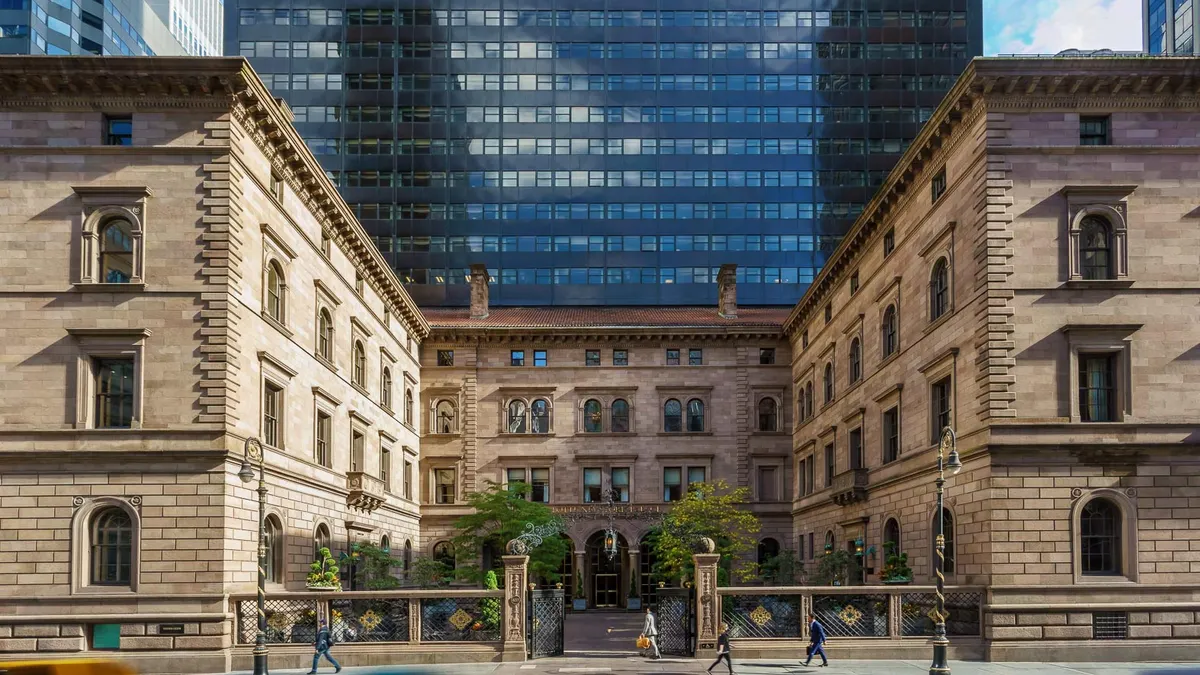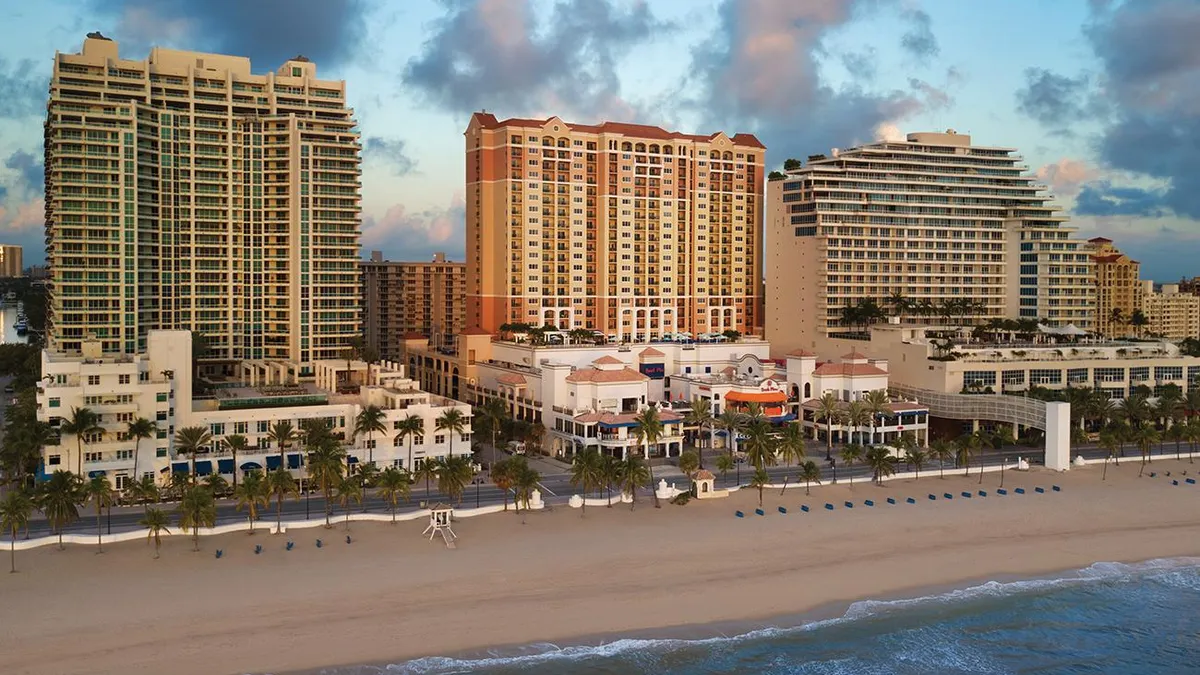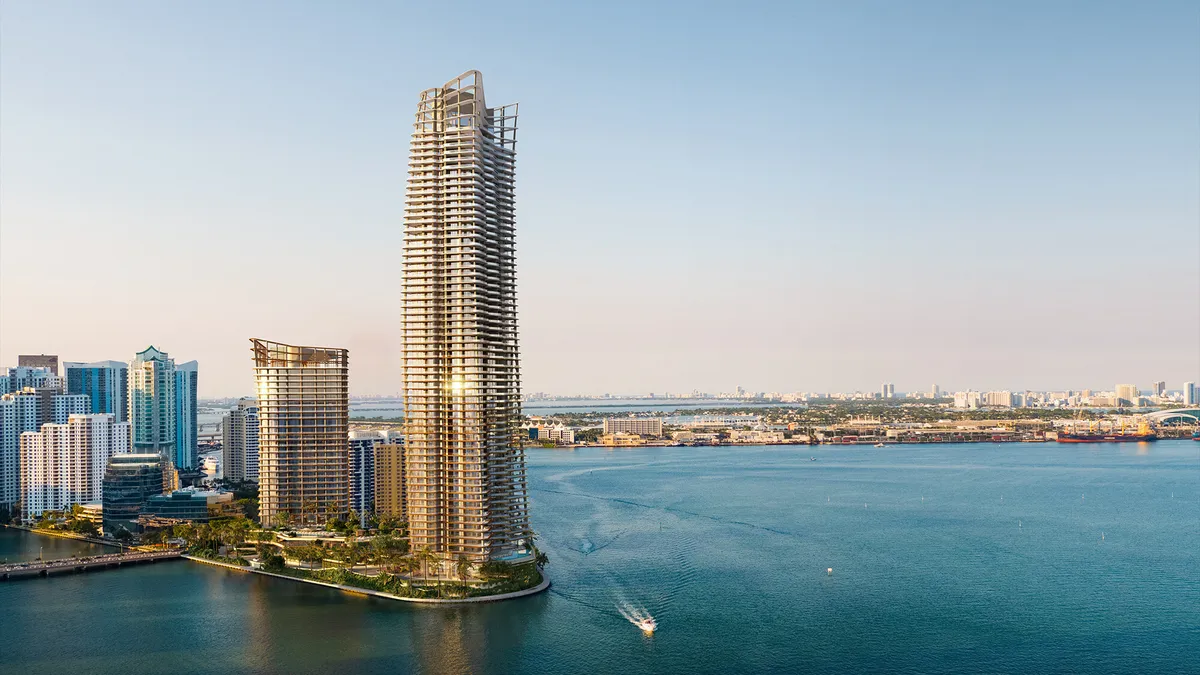The following is a guest post from John Schadler, executive director of MONOGRAM, a marketing agency for luxury lifestyle companies. Opinions are the author’s own.
When choosing a place to stay for leisure or business, today’s luxury consumer is confronted with the daunting task of sifting through a multitude of options. So what exactly makes a luxury hotel property rise to the top?
While the typical criteria may be location, service and amenities, we should also consider the intangible side of the equation: the brand. This is the emotional connection and promise that one derives from a hotel’s image and experience. That thing you can't quite identify, but you know is there — what is that, and how does it happen?
Brand philosophy
When considering the overwhelming array of luxury hotels and resorts around the world, it would be fair to categorize many of them as “good.” But then there are the select few that are undeniably great.
These are the ones that really rise to the top. And while greatness can come from many different characteristics, it always begins with a strong and well-conceived brand philosophy built around core principles, values and beliefs.
It sounds logical and rather fundamental, but more so than not, companies don’t apply the level of rigor and commitment to the endeavor that they should. The brands that truly succeed in the luxury space are the ones that live and breathe their promises everyday. They create an emotional connection and enduring relationship with their employees, guests and community.
Brand commitments
So, how does this actually happen? And who is actually doing it well? In my 40 years of working with high-end luxury hospitality brands, I’ve come to believe there are six hallmarks of a great brand.
First is visionary leadership. A great brand starts at the top with leadership that ensures the company remains aligned with its core values while adapting to the ever-changing marketplace.
Second is clear purpose and vision. A great brand must have clarity as to why it exists and inspire a lifestyle that people want to be a part of.
Third is truth and authenticity. A great brand must deliver both an expectation and experience that is honest and real.
Then there’s a strong visual identity: A great brand is recognized for its simplicity and clarity. It must have a style that is consistent with what it stands for.
Fifth is emotional connection. A great brand must resonate with its audience. To do this it has to be consumer-centric, which means prioritizing consumer needs, and then delivering a promise that meets those needs.
And finally, consistency — a great brand connects with the consumer at all touchpoints. It’s applied on- and off-property, in advertising and social media, and is reflected in its service model. A great brand finds its north star and is able to stay the course over time. It’s a commitment that can’t afford to take a backseat to the day-to-day transactional side of the business.
Brand ingredients
I’ve been fortunate enough to have been involved with organizations that place a belief in brand as a top priority. Each have their own beautifully orchestrated personality and unique perspective on luxury, all relevant for the times and places in which they exist. They also never take themselves too seriously, but always take their guests, employees and operations with the utmost seriousness.
How do they do it? Brands are made up of a unique set of ingredients that ultimately formulate the outcome. Building the brand ingredients requires the convergence of four elements.
Brand equities, for one, are the existing attributes that the brand possesses. Depending on the life of the brand, it may have a deep legacy or a shallow history. Brand equities are the foundation of the brand.
Brand vision is the aspirational space that a brand aspires to become. It paints the picture for the future.
Then there are the emotional needs of the consumer. What space does the brand occupy in the heart and mind of the consumer? What emotional need does it fulfill?
Finally, there’s the market landscape, the place the brand occupies in the competitive landscape in which it must thrive. Here, it stakes a claim.
Defining luxury
Luxury is something you feel. Luxury means embodying an experience that delivers exclusivity and a sense of ease. It’s about access to the exceptional, whether it’s time, space or quality of craftsmanship.
The final part of the brand-building process is memorializing its ingredients in a brand playbook. This becomes the guide that everything that touches the consumer lives by, but it needs to be considered a living and breathing thing.
In the end, great branding is more than a process model. The magic comes from diligence and unwavering commitment to the brand’s ultimate goal. It comes from a dedication to perfection and the desire to keep reinventing. From the need to not just be good, but to be great.

















